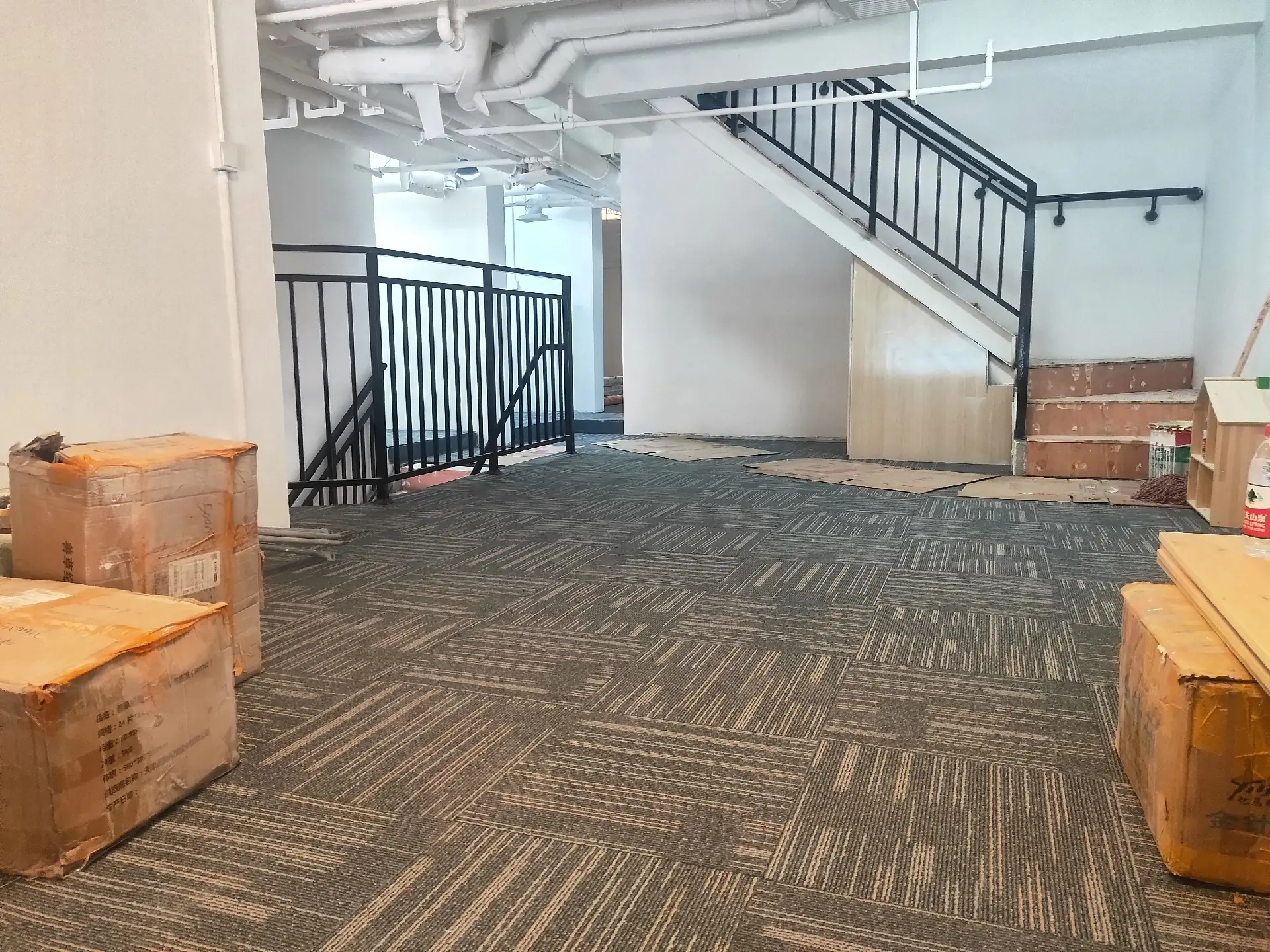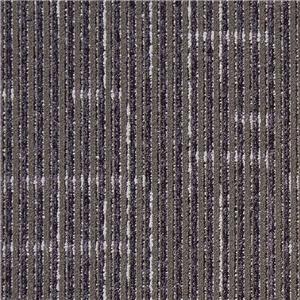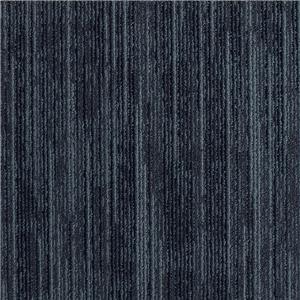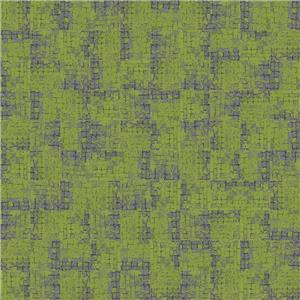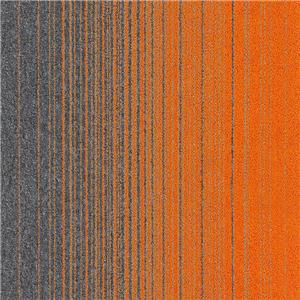- Home
- >
- News
- >
- Industry News
- >
- Green Office New Standard: How Eco-Friendly Carpets Support Sustainable Development
Green Office New Standard: How Eco-Friendly Carpets Support Sustainable Development
As the global business community increasingly recognizes the urgency of sustainable practices, the concept of the "green office" has evolved from a niche trend to a new standard. At the forefront of this evolution is an often-overlooked element: eco-friendly carpets. As an environmental scientist specializing in sustainable building materials, I've spent the last 15 years researching how seemingly small changes, like carpet choice, can have significant impacts on a company's environmental footprint and support broader sustainable development goals.The Environmental Impact of Traditional Carpeting
Before we delve into the benefits of eco-friendly carpets, it's crucial to understand the environmental toll of conventional carpeting:
Resource Consumption: Traditional carpets often use non-renewable petroleum-based materials.
Chemical Pollution: The manufacturing process can release harmful chemicals into the environment.
Indoor Air Quality: Many carpets emit volatile organic compounds (VOCs), affecting indoor air quality.
Waste: The US Environmental Protection Agency estimates that 3.5 billion pounds of carpet enter landfills annually.
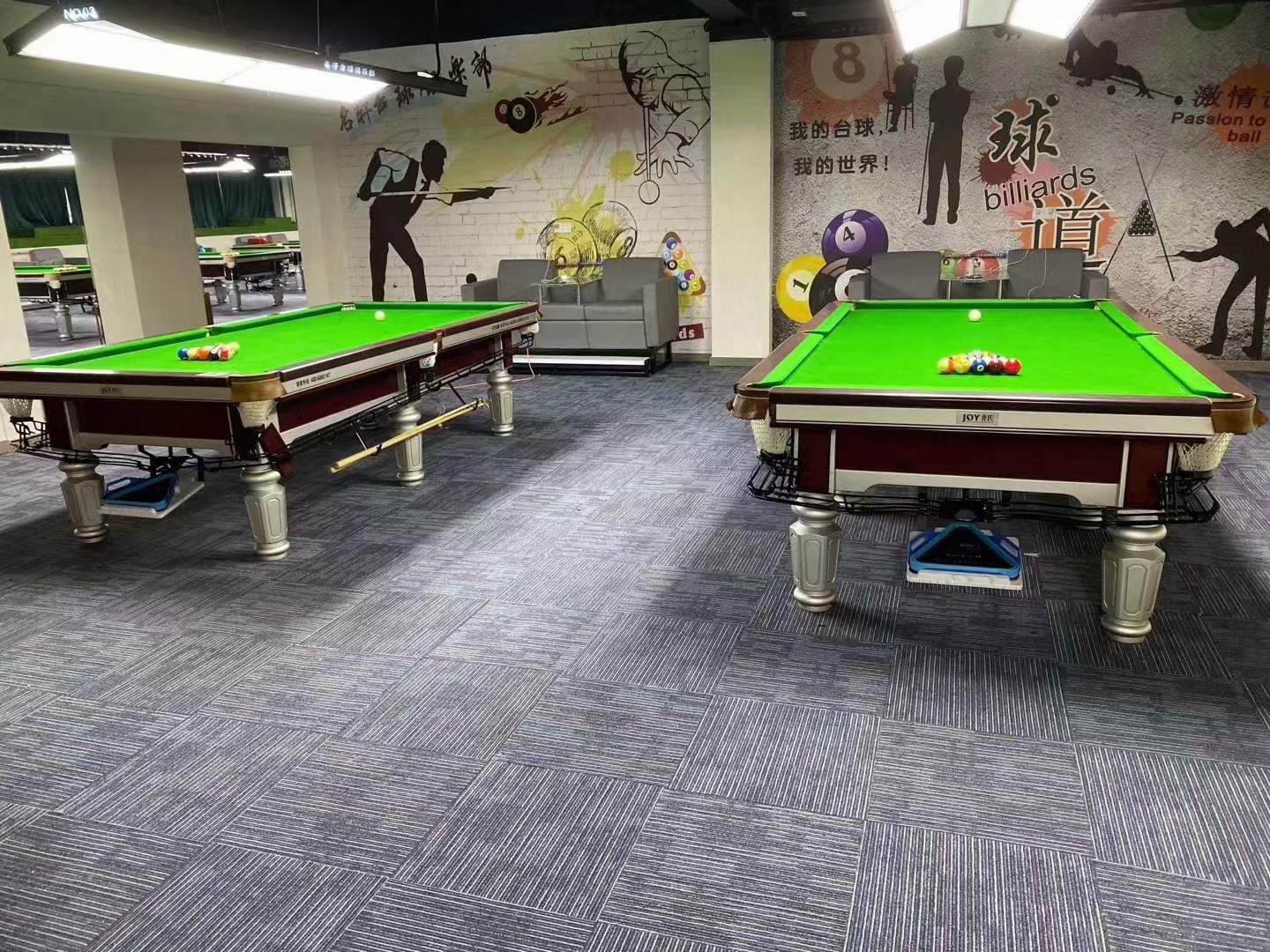
The Eco-Friendly Carpet Revolution
Eco-friendly carpets address these issues through innovative materials and manufacturing processes. Here's how they're making a difference:
Sustainable Materials
Modern eco-friendly carpets are made from a variety of sustainable materials:
Recycled PET: Made from post-consumer plastic bottles. One square meter of carpet can use up to 50 recycled bottles.
Bio-based fibers: Derived from plants like corn or soy, reducing reliance on petroleum.
Recycled nylon: Reclaimed from old carpets and fishing nets, closing the loop in carpet production.
Case Study: Global Bank HQ Renovation
When Global Bank renovated its headquarters, they chose carpets made from 100% recycled PET. This decision diverted over 2 million plastic bottles from landfills and reduced the carpet's carbon footprint by 70% compared to traditional options.
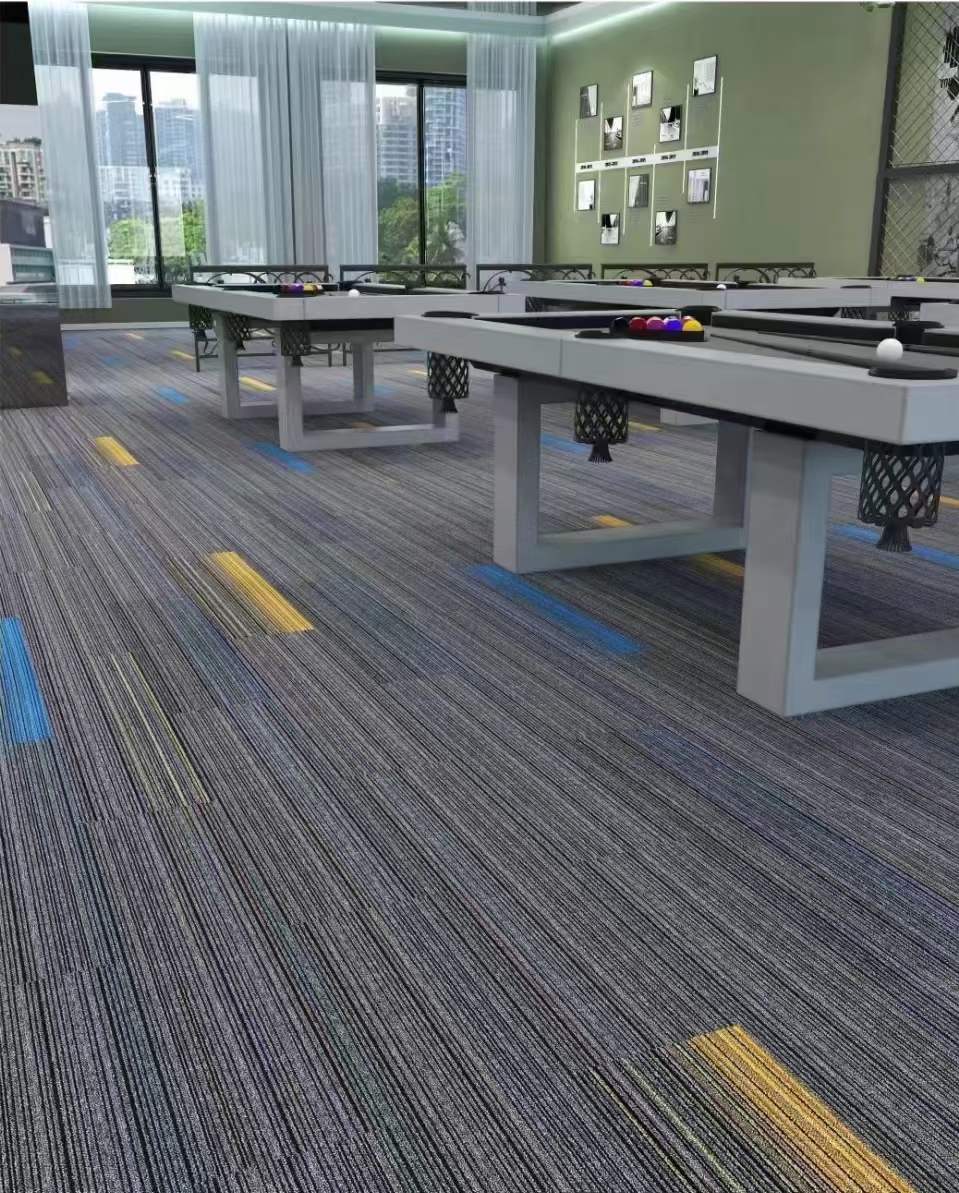
Low-VOC Emissions
Eco-friendly carpets are designed to minimize VOC emissions, contributing to better indoor air quality.
A study by the Indoor Air Quality Laboratory at Berkeley found that low-VOC carpets can reduce indoor air pollution by up to 50% compared to conventional carpets.
Energy-Efficient Manufacturing
Manufacturers of eco-friendly carpets are adopting energy-efficient processes:
Solar-powered facilities
Closed-loop water systems
Waste heat recovery
Example: EcoCarp Manufacturing reduced its energy consumption by 45% and water usage by 35% after implementing these technologies.

Recyclability and Longevity
Many eco-friendly carpets are designed for easy recycling at the end of their life cycle.
Modular carpet tiles can be individually replaced, extending the overall lifespan of the flooring.
Some manufacturers offer take-back programs, ensuring proper recycling of old carpets.
Statistics show that modular carpet tiles can reduce replacement needs by up to 50% compared to broadloom carpets.
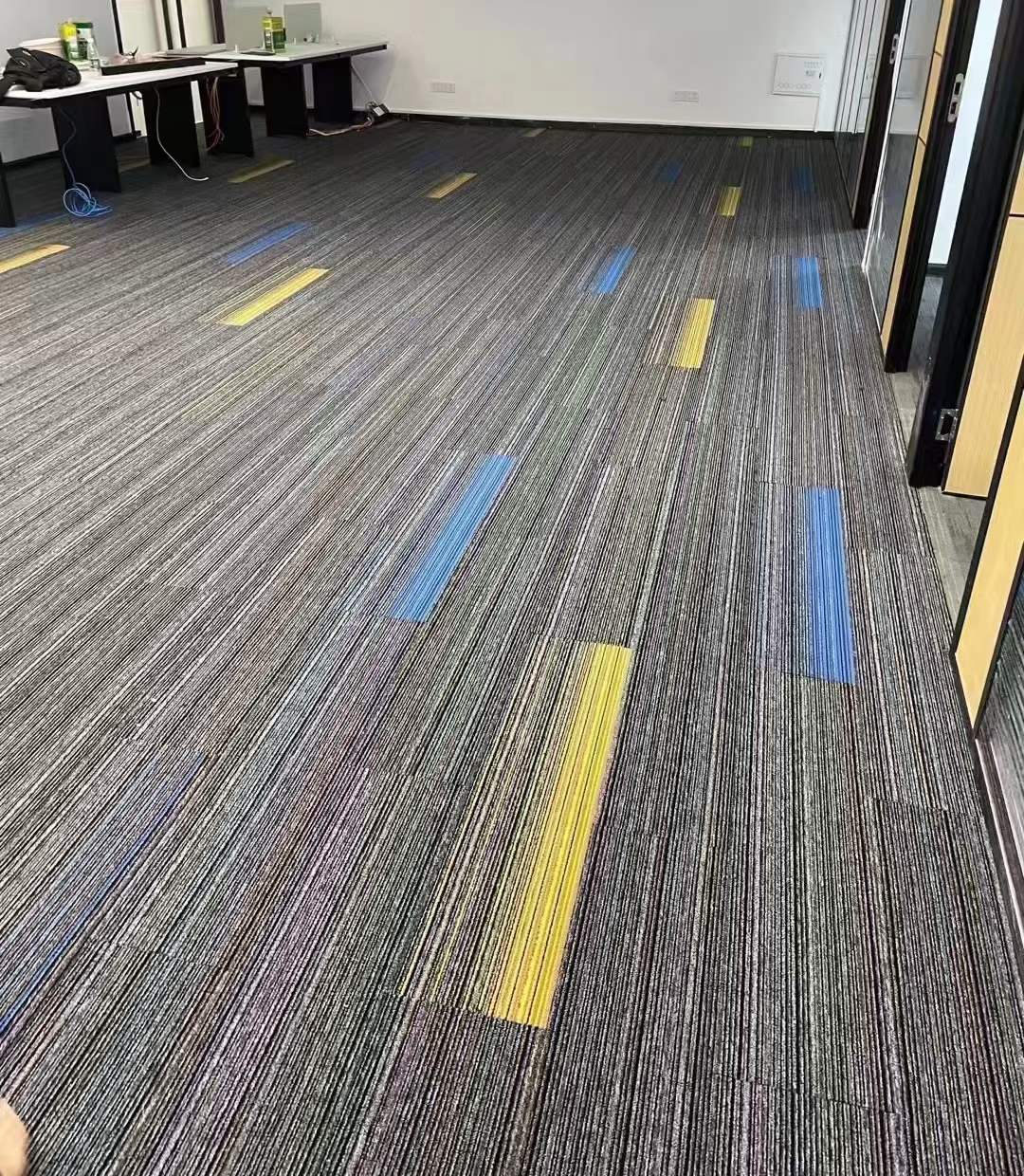
Carbon Footprint Reduction
The cumulative effect of these innovations significantly reduces the carbon footprint of carpet production and use.
A lifecycle assessment conducted by the Carpet and Rug Institute found that eco-friendly carpets can have a 30-50% lower carbon footprint compared to conventional options.
Supporting Broader Sustainability Goals
Choosing eco-friendly carpets doesn't just reduce environmental impact; it supports broader sustainability initiatives:
LEED Certification: Eco-friendly carpets can contribute points towards LEED certification, enhancing a building's green credentials.
Corporate Social Responsibility (CSR): Using sustainable materials demonstrates a company's commitment to environmental stewardship, enhancing its CSR profile.
Employee Well-being: Better indoor air quality contributes to improved employee health and productivity. A study by the World Green Building Council found that improved indoor air quality can boost productivity by up to 11%.
Waste Reduction Goals: Recyclable carpets help companies meet waste reduction targets. For example, Interface, a leading carpet manufacturer, has diverted over 309 million pounds of carpet from landfills through its ReEntry program.
Climate Change Mitigation: By reducing energy consumption and using recycled materials, eco-friendly carpets play a role in corporate climate change strategies.
Challenges and Future Directions
While the benefits of eco-friendly carpets are clear, challenges remain:
Cost: Initially, some eco-friendly options may have a higher upfront cost. However, their longevity and energy-saving properties often result in long-term savings.
Performance Perceptions: There's a lingering misconception that eco-friendly materials are less durable. Ongoing education and improved products are addressing this issue.
Supply Chain Complexity: Ensuring the sustainability of all components in a global supply chain can be challenging.
Looking ahead, exciting developments are on the horizon:
Carbon-negative carpets: Some manufacturers are exploring carpets that absorb more carbon than they emit over their lifecycle.
Bio-based adhesives: Replacing petroleum-based adhesives with plant-derived alternatives.
Smart, sustainable carpets: Integrating technology for improved energy management while maintaining eco-friendly credentials.
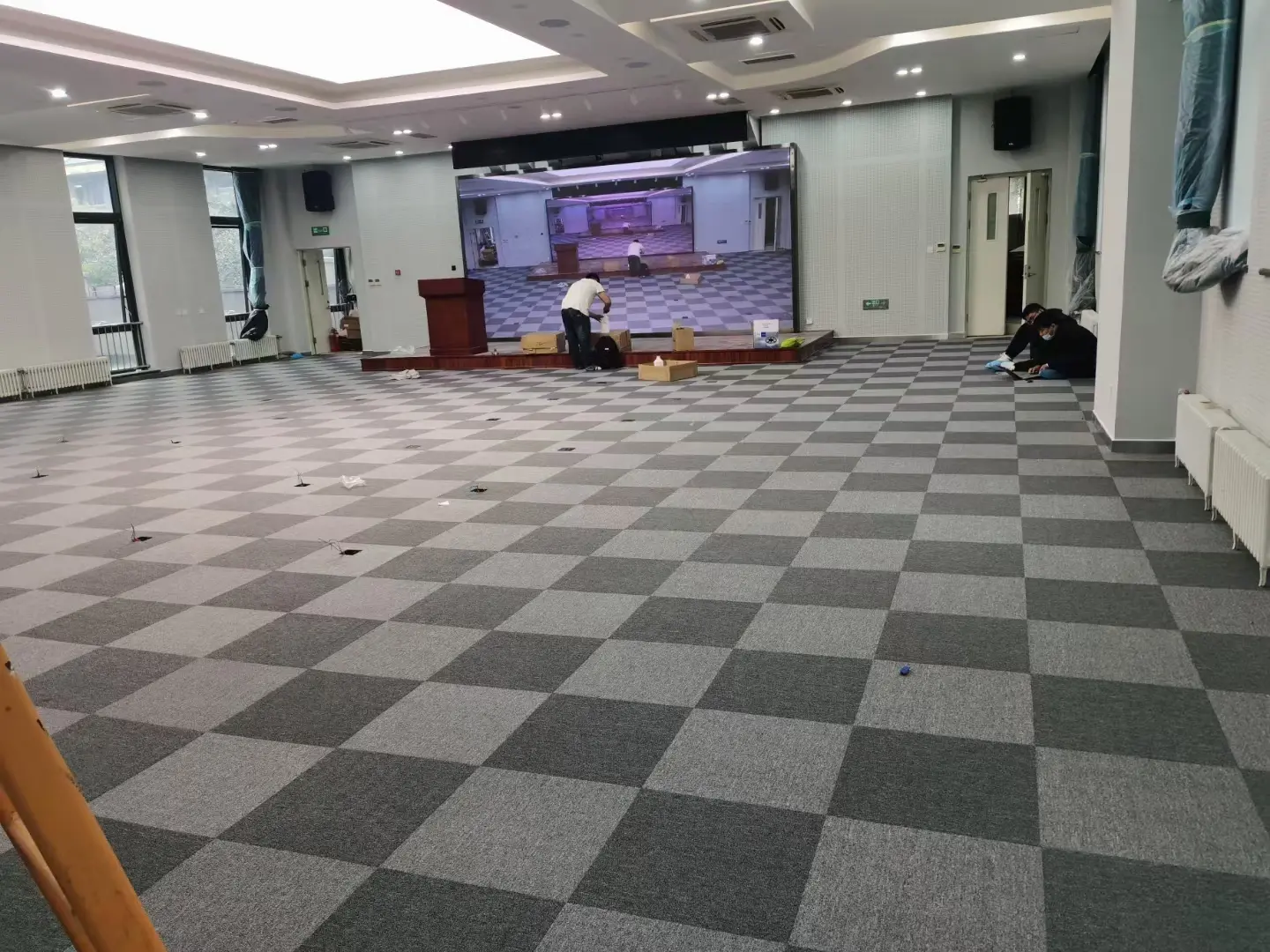
Conclusion
The shift towards eco-friendly carpets is more than a trend; it's a crucial step in creating truly sustainable offices. By choosing these innovative flooring solutions, companies not only reduce their environmental impact but also contribute to broader sustainability goals, enhance employee well-being, and often realize long-term cost savings.
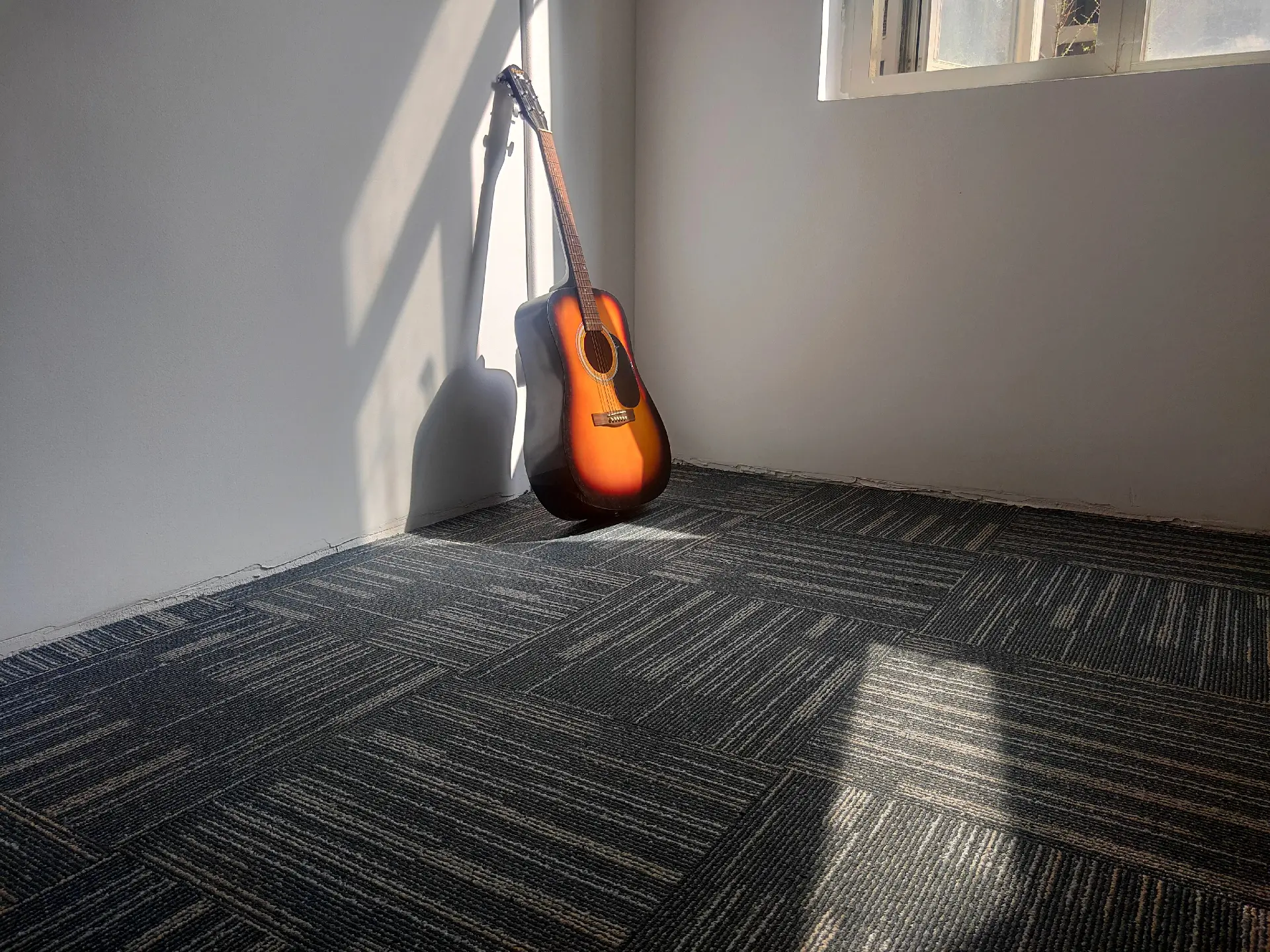 As we move towards a more sustainable future, every choice matters. The carpet beneath our feet might seem insignificant, but it represents a tangible way for businesses to walk the talk when it comes to environmental responsibility.
As we move towards a more sustainable future, every choice matters. The carpet beneath our feet might seem insignificant, but it represents a tangible way for businesses to walk the talk when it comes to environmental responsibility.
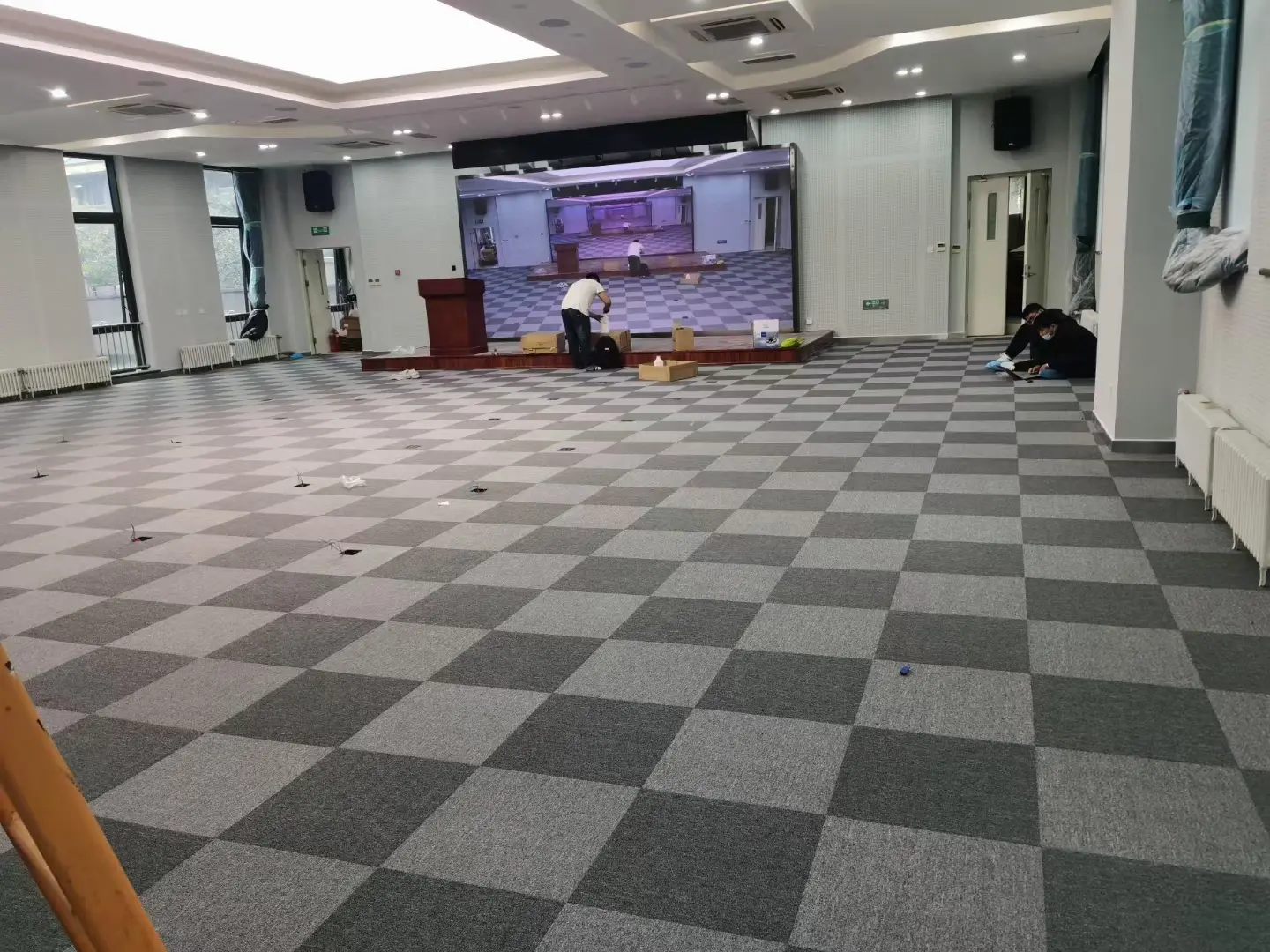 Ready to take a step towards a more sustainable office? Contact us for a consultation on how eco-friendly carpets can support your company's green initiatives. Let's create a workspace that's not just good for business, but good for the planet too.
Ready to take a step towards a more sustainable office? Contact us for a consultation on how eco-friendly carpets can support your company's green initiatives. Let's create a workspace that's not just good for business, but good for the planet too.

